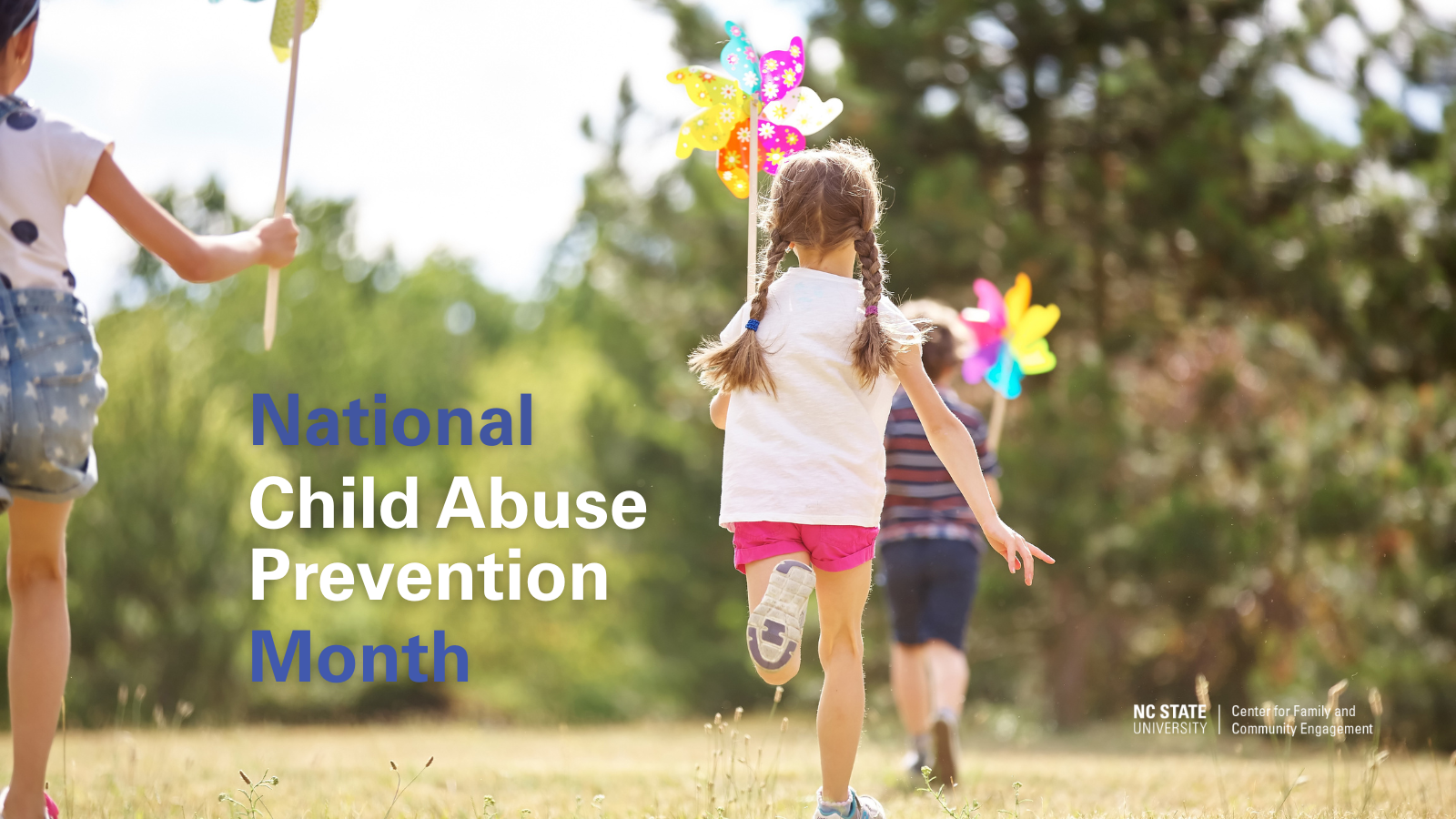Marianne Latz Receives MSW Alumna Award
The recipient of the MSW Alumna Award is Marianne Latz, from the first class of our MSW program. Marianne serves as the Evaluation and Contract Coordinator for the Center for Family and Community Engagement. With her expertise in proposal development, she made a significant contribution to NC State University’s securing the funding for the Fostering YES! This is a noteworthy accomplishment because of the highly competitive nature of these national awards. Marianne continues to play a major role in Fostering YES! Among her many Center responsibilities, she coordinates the project’s evaluation and serves as the field instructor for two MSW students interning with Fostering YES! In her generous and caring manner, she is always on target in how she organizes work and motivates others to work together. For her own MSW field placement, she worked on a center project in the public school system. She quickly demonstrated her competence at any task to which she turned her hand, from online curricular delivery to just being a reliable and compassionate team member. Not letting her get away, the center hired her right out of her MSW program. Her office is a welcoming place for faculty, students, staff, and community members affiliated with the Center and the Department of Social Work.
William “Billy” Poindexter Publishes Book
- William (Billy) Poindexter Receives CHASS EPA Award for Excellence Nomination by his Peers
HICKORY, N.C. — William “Billy” Poindexter, Child and Family Team facilitator at Catawba County Social Services, recently published a book called “A Place for Voices: A Handbook of Family-Centered Practice.”
He said the self-published the book came from his experiences as a facilitator and trainer of the Child and Family Team process. The book is primarily for social workers, but also for supervisors or anyone interested in family-centered meetings practice, he said.
The book is a practical guide with step-by-step instructions, examples, and activities for preparing a family to attend, a social worker to refer and a facilitator to lead an effective CFT meeting. He explained that CFT meetings must be offered in each North Carolina county and are also used in several other states.
“Billy Poindexter brings deep experience with Child and Family Teams, and his advice in this handbook is both sophisticated and practical. I strongly recommend this book to others undertaking family-centered meetings,” said Dr. Joan Pennell, professor of Social Work and director of the Center for Family and Community Engagement at North Carolina State University.
These meetings help a family in crisis use their strengths, resources and support system to meet their challenges, while working with Social Services. The CFT teams at Catawba County Social Services primarily receive referrals from Child Protective Services, but also have received referrals from Family Net, Public Health, area schools and parents.
Participation is voluntary for the families. Most are a little apprehensive about the process at first, he said. However, client surveys showed that family satisfaction with the process had increased from 84 percent in 2004 to 94 percent in 2008, the last year the surveys were tracked. Social workers and supervisors who were involved reported a 95 percent satisfaction rate with the process.
CFT meetings developed from the state’s emphasis on trying to keep families intact when possible. “They help families feel the agency is working with them instead of against them,” Poindexter said. However, he emphasized that child safety is the first priority. The process also does not allow adults to escape their responsibilities. “The CFT process never puts a child at risk,” he said. “The process is not about ignoring issues, but dealing with them.”
Poindexter explained that the first choice in CPS cases is to help the children remain with their biological families. If that is not possible, the next option is to place the children within their extended families. The last option is placing children with foster families who are unrelated to them.
Poindexter, who has been a social worker for 22 years and worked for Catawba County 18 years, said he feels the CFT process is one of the most effective tools available for working with families in crisis. “North Carolina is on the cutting edge in dealing with families,” he said. Poindexter has given presentations on the CFT process at five national conferences.
(Story courtesy of Margaret Allen, Catawba County Social Services Public Information Officer, mallen@catawbacountync.gov, 828-695-6583)
- Categories:



